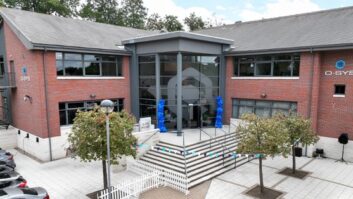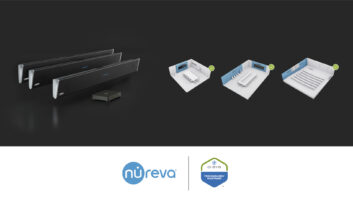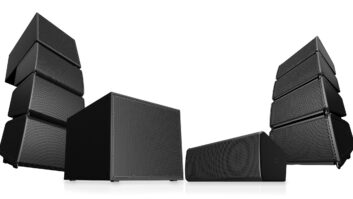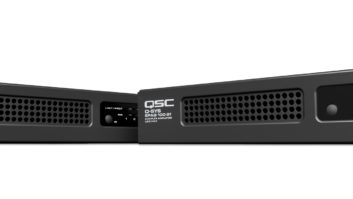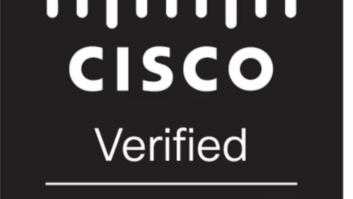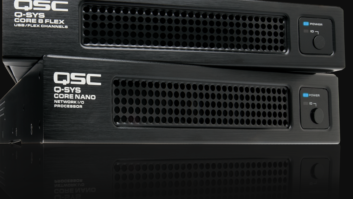Liberty Stadium, home to both Swansea City Premier League football club (‘the Swans’) and the ‘Ospreys’ RFU club, has become the first English Premier League Football ground to install a Q-Sys audio management system from QSC throughout its arena. The new system was chosen to provide networked monitoring and control of the existing PA loudspeakers, amplification, monitoring and voice alarm systems at the stadium, and required the addition of a new fire-rated fibre-optic backbone and network switches, all of which was installed during the upgrade.
As we reported recently, Liberty Stadium was also recently the site of an installation of a new video production infrastructure.
Shure Distribution UK, exclusive distributor of QSC and Q-Sys products in the UK and Ireland, supplied the Q-Sys hardware, which comprised two Core 250i compact integrated processors, six I/O Frame interfaces (two master interfaces in the control room, plus one at each of the main four seating stands at the stadium), and several audio input and output cards. Fault reporting now passes from the existing monitoring equipment into Q-Sys, which may be controlled and monitored remotely via the fibre network. The messages are routed to a touchscreen paging station in the control room on site, from which the whole system can be monitored and controlled. Pre-recorded PA/voice alarm messages are also stored in the touchscreen controller and may be sent via the network to the PA with a few swipes of the screen.
The new system was designed and installed by ETASound, part of the UK SSE Audio Group, which has maintained the existing PA since its original installation. Design, build and installation of the new system, including customisation of the touchscreen software, was completed by ETASound’s Ed Thomas within a three-week period earlier this year.
“This was our first Q-Sys installation,” explained Thomas. “I attended a Q-Sys consultants’ seminar in London earlier this year with [European Q-Sys specialist] Martin Barbour, and the programming looked so much simpler than the available alternatives. We only had a few weeks to get the new system up and running before the new football season began, so we were keen to do anything we could to shorten the programming time. I had been wanting to try Q-Sys for some time anyway, so this seemed like the perfect opportunity. We designed and programmed the system off site, and bar a few minor niggles which we managed to resolve quickly with calls to Martin Barbour, we installed it at the stadium without any problems.”
The new system was up and running at Swansea in time for the all-important first game of the 2013 season. Following this successful baptism of fire, Ed Thomas is currently planning another Q-Sys stadium install in the UK. “The fast programming time on Q-Sys isn’t just an advantage when you have a tight turnaround time, as we did here,” he adds. “Programming is a major cost issue on any project, and if a month’s programming is needed to get your system up and running, that’s going to cost more money, will make your quote larger and may lose you a job. Q-Sys is very quick to programme, and less programming time is good for everybody.”

